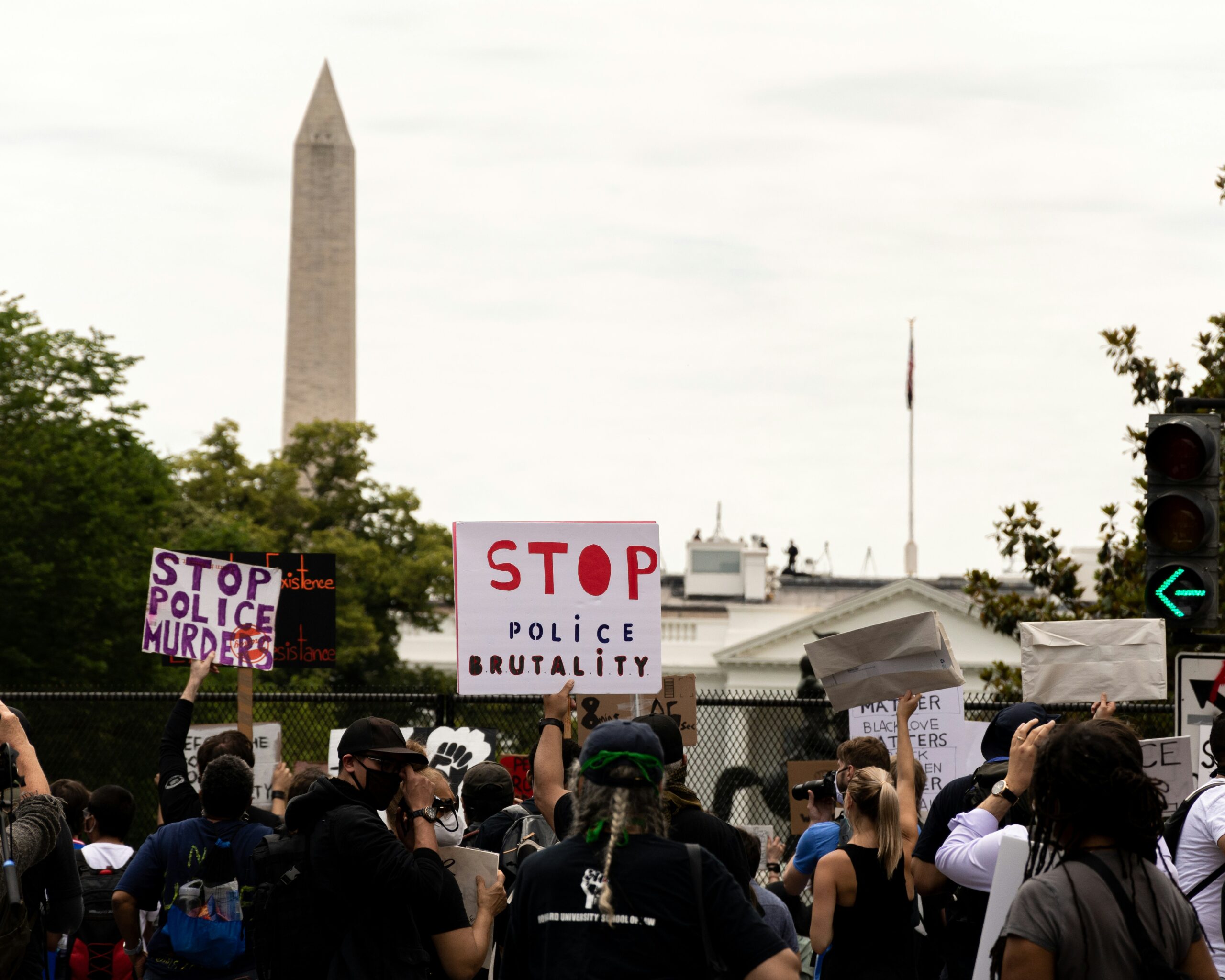
Washington, DC – In a dramatic assertion of federal power, President Donald Trump declared a ‘crime emergency’ in Washington, DC, effectively taking control of the city’s police and deploying the National Guard. This move has ignited fierce protests and drawn sharp criticism from local activists and national civil rights figures, who label it an act of ‘authoritarianism.’
On Monday, Trump’s administration moved swiftly to implement these measures, citing the need to address what the President describes as ‘intolerable risks to the vital Federal functions’ due to local crime rates. However, this assertion is contested by local officials and crime statistics that suggest a significant decline in violent crimes over the past years.
Near the White House, a vocal group of protesters gathered, expressing their dissent loudly as the news broke. The deployment of 800 soldiers, with 100-200 dedicated to supporting law enforcement, marks a significant federal intervention into the city’s governance.
Keya Chatterjee, Executive Director of Free DC, criticized the move as a ‘major escalation’ in the federal encroachment on the city’s autonomy. ‘This is just authoritarianism,’ Chatterjee stated, amid echoes of disapproval from gathered protesters.
The historical context of Washington, DC’s lack of statehood and its direct governance by the federal government adds layers to the current tensions. The district, once the first majority-Black city in the US, has a complex racial and political history, with ongoing debates about its residents’ right to self-determination and representation.
Civil rights leader Reverend Al Sharpton condemned the actions as an ‘ultimate affront to justice and civil rights,’ suggesting that Trump’s move was motivated by political rather than public safety concerns, particularly pointing to the President’s handling of sensitive administration issues like the Epstein files.
DC Mayor Muriel Bowser described the deployment of the National Guard as ‘unsettling’ but acknowledged that it wasn’t without precedent. Her focus remains on advocating for DC’s statehood to secure the democratic rights of its residents.
Locals like Amari Jack, a 20-year-old college student, fear that this could lead to a broader reduction of the city’s autonomy. ‘We need to be able to represent ourselves and enrich our communities, not be ruled over by presidential decrees,’ Jack said.
On the other side, Trump defended his decision as a necessary step to ‘take our capital back,’ pledging massive enforcement operations against crime. Yet, this narrative is challenged by the District of Columbia Attorney General Brian Schwalb, who called the move ‘unprecedented, unnecessary, and unlawful,’ and statistics showing a significant drop in crime rates.
The broader implications of this federal takeover resonate beyond the streets of DC. It reflects ongoing national tensions over federal authority, local autonomy, and civil rights, particularly in predominantly Democratic areas. As the city with significant symbolic and political importance, Washington, DC’s current struggle may set precedents for federal-local interactions across the United States.


